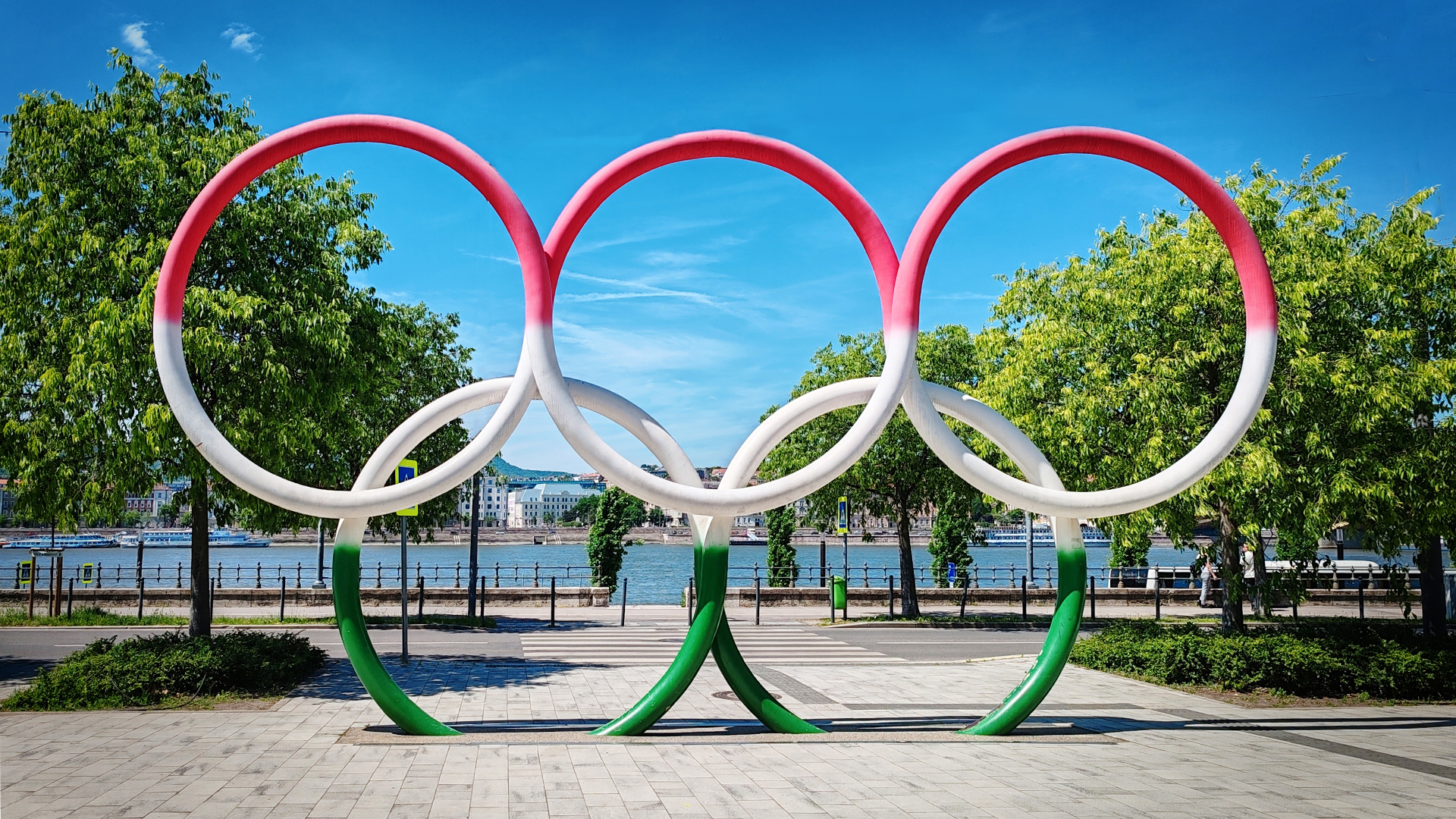Beyond preparation and luck: Unveiling the secrets to Olympic success
Knowledge? Luck? The experience of champions? Or something else? Many factors can determine the fate of Olympic gold medals, and these can often be predicted using models, although there are exceptions. According to a researcher at the HUN-REN Centre for Economic and Regional Studies (CERS), some countries deliberately focus on sports that are easier to win, targeting them for relatively easier-to-obtain gold medals.

"Forecasts can generally be distinguished according to two perspectives. The scientific method used in sports economics estimates a country's performance based on macro variables. This approach examines the country's past performance, its current economic situation, and the amount of money invested in sports, particularly elite sports. In addition to GDP, factors such as population and the host country effect are also considered," said CERS researcher Gergely Csurilla, who has studied Olympic prospects in several of his research projects.
According to the expert, the other approach involves analysing vast datasets, as used by the US analytics firm Gracenote. "They track nearly all global events down to the national championship level and link the results to the athletes' profiles. They also consider when and what an athlete's best performance was, the results achieved in the Olympic year, and their current stage of preparation. This is why, for example, their predicted number of gold medals changed as the Olympics got closer," added Gergely Csurilla.

The researcher explained that in many sports, such as boxing or triathlon, there are external risk factors that make accurate analysis impossible. In other sports, however, live scoring systems work very well, making it relatively clear who is better and minimising the element of luck.
A few years ago, Gergely Csurilla and his colleagues investigated how a certain model can estimate the overall impact of external factors on the chances of winning. According to the researcher, if a country has a competitive advantage in a particular sport, it is theoretically able to maintain this advantage over several Olympic cycles. If not, it can be attributed to the element of luck, as seen in modern pentathlon.
Gergely Csurilla classified swimming and athletics as the least uncertain sports, noting that they are primarily performance-based, which makes it easier to achieve consistently good results if a country has outstanding athletes. In contrast, he pointed out that fencing and water polo involve much more luck.
On the subject of water polo, Gergely Csurilla noted that after 2004, the United States increased its support for the sport, recognising it as a promising area for achieving significant success with relatively less effort. This investment paid off, as the US men's team reached the Olympic final in 2008. "Such an achievement would have been unlikely in other team sports," the sports researcher added. He also pointed out that the Chinese followed a similar strategy by reorganising their sports system to excel at the 2008 Beijing Olympics. The Chinese targeted events with fewer competitors and lower levels of luck, believing this approach would increase their chances of winning medals. Their strategy proved successful, leading to a significant reshaping of the Olympic medal table.

